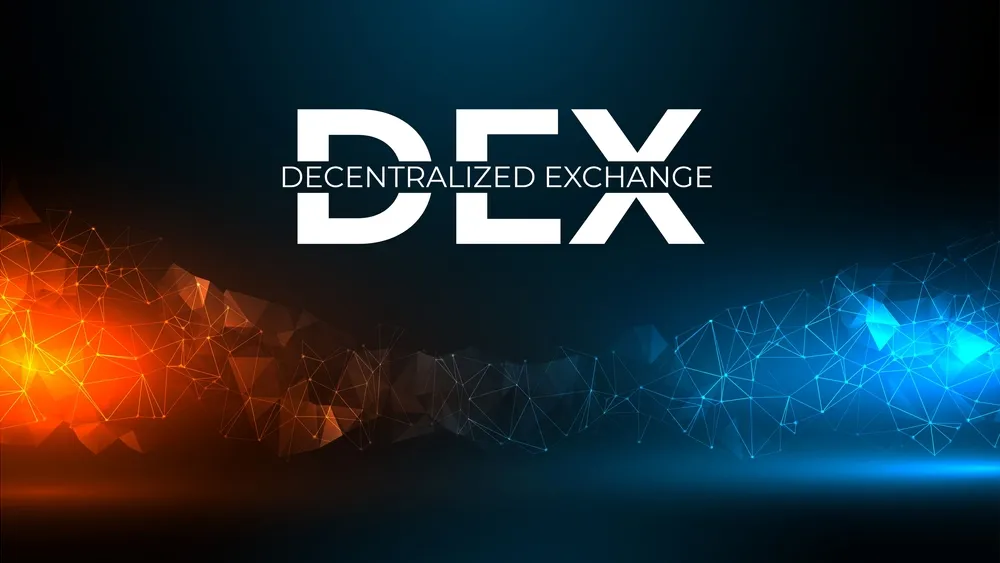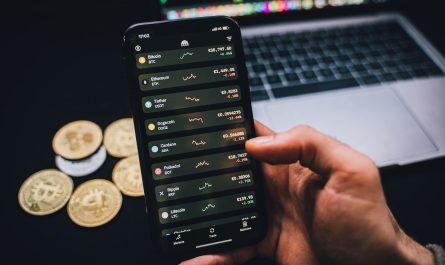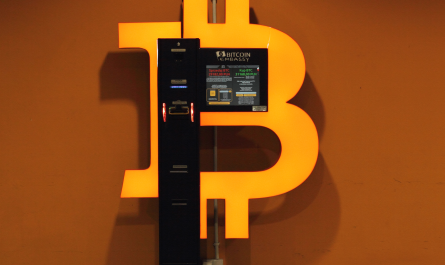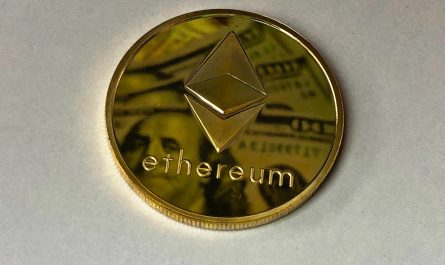In the fast-paced world of cryptocurrencies, decentralized exchanges (DEXs) have emerged as a popular alternative to traditional centralized exchanges.
These platforms aim to give users greater control over their funds and enhanced privacy while challenging the centralized exchange model dominated by intermediaries. Let’s explore the advantages and disadvantages of DEXs.
Page Contents
What Is Decentralized Exchanges
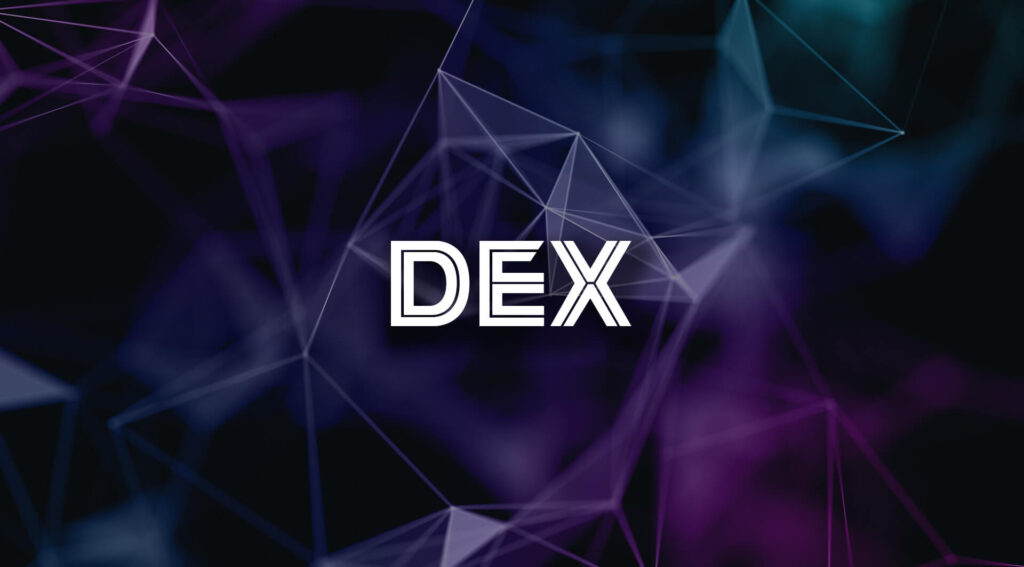
Decentralized Exchanges (DEXs) are digital platforms that enable peer-to-peer cryptocurrency trading without the need for an intermediary or centralized authority. Unlike traditional centralized exchanges, where users trust a third party to facilitate transactions and hold their funds, DEXs operate on blockchain technology, allowing users to trade directly from their wallets.
Key features of DEXs include:
- Security: DEXs enhance security by eliminating a central point of failure. Users retain control of their private keys and funds, reducing the risk of hacks and fraud.
- Privacy: DEXs often do not require users to undergo extensive identity verification, offering greater privacy to traders.
- Censorship Resistance: DEXs are typically resistant to government censorship or shutdowns because they operate on decentralized networks, making them harder to regulate.
- Global Accessibility: DEXs enable global access to cryptocurrency markets, as anyone with an internet connection can participate.
Popular DEXs include Uniswap, SushiSwap, and PancakeSwap, each with its unique features and supported tokens. While DEXs offer numerous benefits, users should exercise caution, as they also come with risks like smart contract vulnerabilities and limited liquidity for some trading pairs.
Pros of Decentralized Exchanges
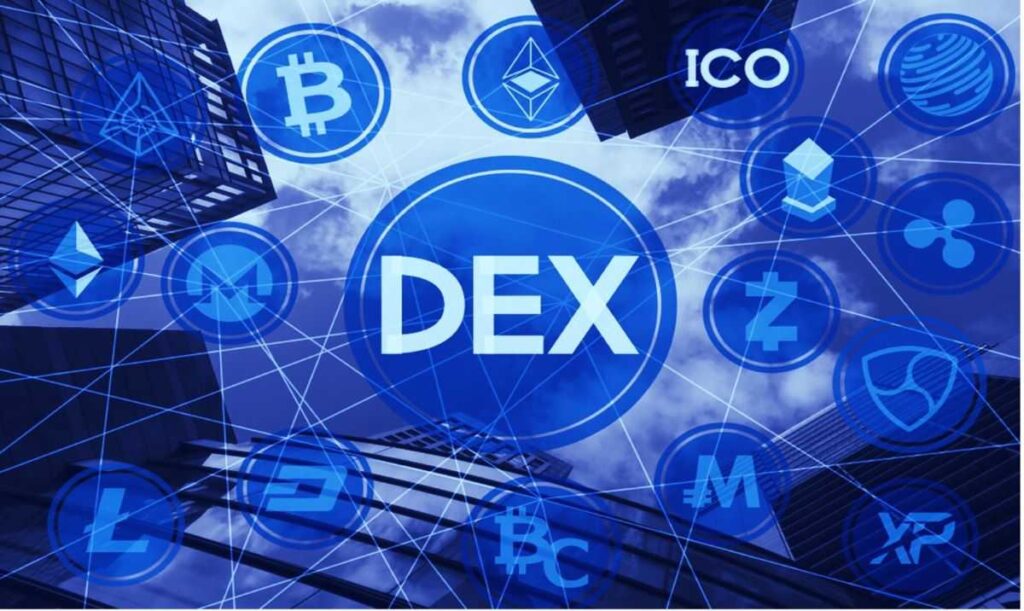
Decentralized Exchanges (DEXs) offer several advantages, making them increasingly popular in the cryptocurrency space. Here are the key pros of DEXs:
- Security: DEXs prioritize user security by eliminating the need for a central authority to hold users’ funds. Users retain control of their private keys and assets, reducing the risk of hacks, data breaches, or insider fraud often associated with centralized exchanges.
- Privacy: Many DEXs do not require extensive identity verification, providing users with a higher level of privacy. Users can trade cryptocurrencies without exposing their personal information, which is not always the case with centralized exchanges.
- Censorship Resistance: DEXs operate on decentralized blockchain networks, making them resistant to government censorship or shutdowns. This is especially important in regions where cryptocurrency regulations are uncertain or restrictive.
- Global Accessibility: DEXs enable anyone with an internet connection to access and trade cryptocurrencies, transcending geographical boundaries. Users from around the world can participate without facing restrictions based on their location.
- Lower Fees: DEXs often have lower trading fees compared to centralized exchanges. Users pay network transaction fees (gas fees on Ethereum-based DEXs), which are typically lower than the fees charged by intermediaries.
- Wide Asset Variety: DEXs offer a wide range of cryptocurrencies and tokens, including many that may not be available on centralized exchanges. This variety allows users to access niche or newly launched assets.
- Liquidity Pools: DEXs use liquidity pools, where users can contribute their assets to facilitate trading. This system often leads to competitive rates and improved liquidity for various trading pairs.
- Transparency: DEXs are built on open-source blockchain technology, ensuring transparency in all transactions. Users can verify trades and explore the underlying smart contracts, enhancing trust in the system.
- Smart Contract Innovation: DEXs drive innovation in the development of smart contracts and decentralized finance (DeFi) applications. They have been at the forefront of DeFi’s growth, fostering new financial instruments and lending platforms.
- Community Governance: Some DEXs involve their users in decision-making processes through governance tokens. This allows the community to have a say in the platform’s development and future upgrades.
Cons of Decentralized Exchanges
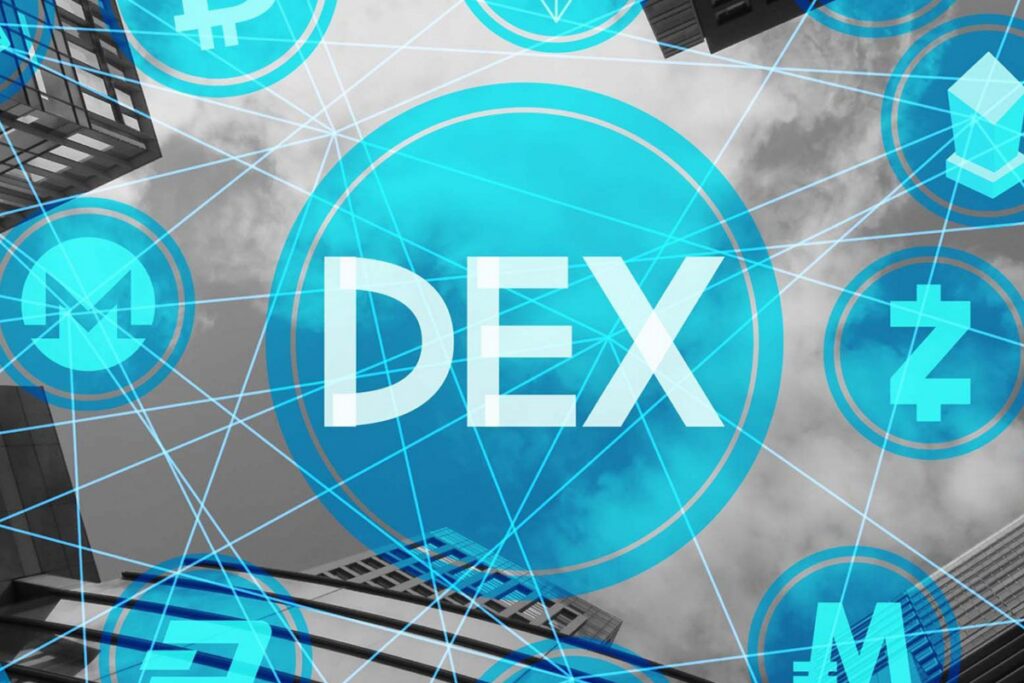
Decentralized Exchanges (DEXs) come with several drawbacks and limitations, despite their many advantages. Here are some of the cons associated with DEXs:
- Limited Liquidity: DEXs often struggle with liquidity, especially for less popular or newly launched tokens. This can result in wider spreads and higher slippage for traders compared to centralized exchanges.
- Complexity: Using DEXs can be more complicated for beginners compared to centralized exchanges, which typically offer user-friendly interfaces. Dealing with wallets, private keys, and understanding how to navigate DEX platforms can be daunting for newcomers.
- Speed and Efficiency: Transactions on DEXs can be slower and less efficient due to the blockchain’s consensus mechanisms and network congestion. Centralized exchanges can execute trades faster in a high-frequency trading environment.
- Price Discrepancies: Arbitrage opportunities and price discrepancies can occur between different DEXs and centralized exchanges due to varying levels of liquidity and order book depth.
- Smart Contract Risks: DEXs rely on smart contracts for order matching and asset custody. Smart contract vulnerabilities can lead to security breaches, hacking, and loss of funds. Users must trust the code’s integrity and security audits.
- Regulatory Uncertainty: DEXs often operate in a legal gray area in terms of regulation, potentially exposing users to legal risks. Authorities may impose restrictions, and DEXs could face regulatory challenges as they continue to grow.
- Limited Asset Selection: While DEXs offer a wide range of cryptocurrencies and tokens, they may not support all assets available on centralized exchanges. Users seeking access to a specific asset may be forced to use a centralized platform.
- Front-Running: Some DEXs can be vulnerable to front-running, where traders with advanced knowledge of pending orders manipulate prices to their advantage. This can result in less favorable execution prices for regular traders.
- Recovery Challenges: If users lose their private keys or make a mistake in a transaction, it can be challenging or impossible to recover their assets. Centralized exchanges often offer account recovery options.
- User Support: DEXs typically lack customer support services common in centralized exchanges. Users who encounter issues may find it difficult to get assistance or resolve problems.
Conclusion
Decentralized exchanges have undoubtedly introduced a new paradigm in the world of cryptocurrency trading, offering enhanced security, privacy, and user control. Platforms like quantum flash empower users with effective trading on cryptocurrencies, connecting them with trading partners and providing privacy protection.
However, it’s crucial to recognize that DEXs also come with challenges like liquidity constraints and potential technical complexities. As the cryptocurrency space evolves, striking a balance between decentralized and centralized exchange models will be instrumental in ensuring a robust and inclusive trading ecosystem for all users.
